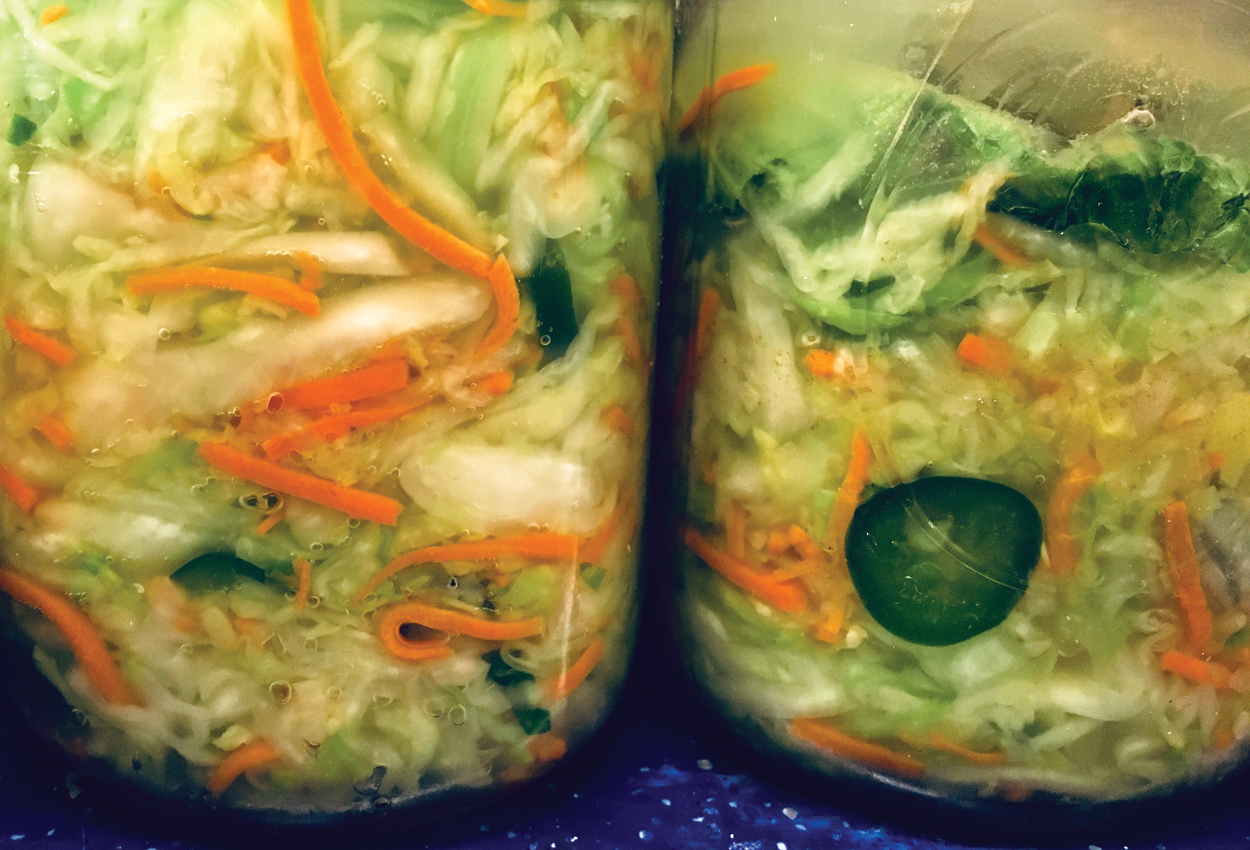What is food fermentation? Fermentation is a metabolic process in which an organism converts a carbohydrate, such as starch or a sugar, into an alcohol or an acid. For example, yeast performs fermentation to obtain energy by converting sugar into alcohol. Bacteria perform fermentation by converting carbohydrates into lactic acid. Fermentation occurs when making wine, beer, and mead, but also in foods such as sauerkraut, kimchi, yogurt, and vegetables via lacto-fermentation.
Fermentation is different from canning. Yes, fermenting vegetables is considered pickling. However, canning involves heating vegetables or fruits, often in boiling liquids, in jars that are sealed and placed in a hot water bath to kill any microorganisms, which allows for a long shelf life.
Fermentation is an anaerobic process, meaning it does not require oxygen in order to occur. However, even when oxygen is abundant, yeast cells prefer fermentation to aerobic respiration, provided a sufficient supply of sugar is available. Fermentation has been the way many cultures have utilized the health benefits of fermented foods, from gut health to overall wellness. Fermented foods are not only a gift from the past, they are a pathway to the future.
To read this and other premium articles in their entirety, pickup the October 2019 issue of Julien’s Journal magazine. Click to subscribe for convenient delivery by mail, or call (563) 557-1914. Single issues are also available in print at area newsstands and digitally via the Issuu platform.




Comment here